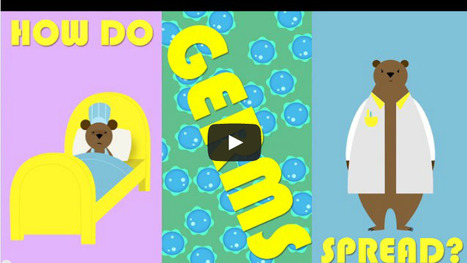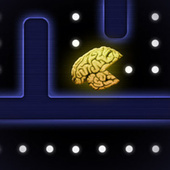"Germs are found on almost every surface we come in contact with, which makes it incredibly common for our bodies to be exposed to them. But why are some of these germs relatively harmless, while others can be fatal? Yannay Khaikan and Nicole Mideo explore this question by examining germs’ varying modes of transmission."
Research and publish the best content.
Get Started for FREE
Sign up with Facebook Sign up with X
I don't have a Facebook or a X account
Already have an account: Login
Tech tools that assist all students to be independent learners & teachers to become better teachers
Curated by
Beth Dichter
 Your new post is loading... Your new post is loading...
 Your new post is loading... Your new post is loading...
|
|






![Healthy Eyes In A Digital World [infographic] | Eclectic Technology | Scoop.it](https://img.scoop.it/CdSNxTzUJeVmC21Yb0aspTl72eJkfbmt4t8yenImKBVvK0kTmF0xjctABnaLJIm9)









Thx Beth Dichter